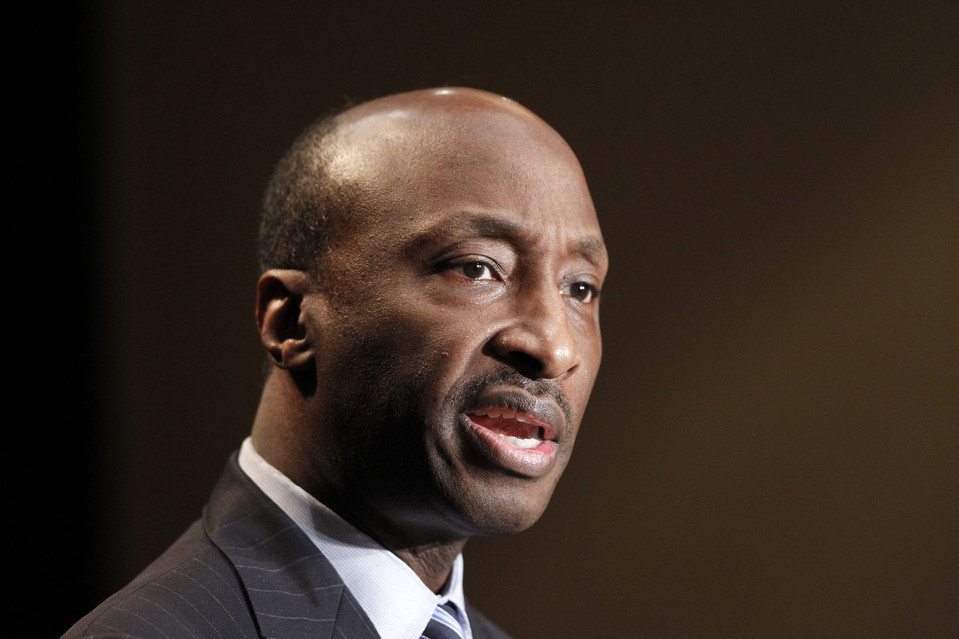At its core, a rocket launch is the controlled explosion of a small nuclear bomb—controlled being the operative word.
One wrong step, one miscalculation, and you can expect the worst. “There are a thousand things that can happen when you go to light a rocket engine,” explained SpaceX propulsion chief Tom Mueller, “and only one of them is good.”
Mueller’s quote was on my mind as I watched SpaceX launch two NASA astronauts into orbit a few weeks ago. Kathy and I held our collective breath as the rocket roared to life, launching out of the atmosphere and into the record books as the first privately built rocket to take people into orbit (only three governments—U.S., China, and Russia—have ever launched humans into space).
How did SpaceX—a small company founded less than 20 years ago—manage to beat major governments and established aerospace companies to the finish line?
Although various factors were at play, I’ll focus on one: Elon Musk, SpaceX’s founder, was an outsider to the aerospace industry.
Musk was the co-founder of PayPal before he started SpaceX. When PayPal was acquired by eBay, he walked away with $165 million. Months before the deal was finalized, Musk was already on a beach in Rio de Janeiro. But he wasn’t planning his retirement or leafing through the latest Dan Brown novel. No, Musk’s idea of beach reading was Fundamentals of Rocket Propulsion. The PayPal guy was on a mission to transform himself into the rocket guy.
In its heyday, the space industry was the frontier of innovation. But when Musk thought about entering the business, aerospace companies were hopelessly stuck in the past. Musk was able to see outdated modes of thinking that the established players completely missed. SpaceX’s innovations drastically cut the cost of spaceflight. Compared to NASA’s space shuttle, it’s 40 times less expensive for SpaceX’s Falcon Heavy to take 1kg into orbit.
Innovative thinking often has an inverse relationship to expertise. Unlike the insiders, whose identity or salary can depend on the status quo, outsiders have no stake in it and often are blissfully unaware of “the way things have always been done.” Conventional wisdom is easier to tune out when you’re not smothered by conventional wisdom (which tends to be more convention than wisdom).
Other examples abound. Jeff Bezos came to retail from the finance world, and Reed Hastings was a software developer before he cofounded Netflix. Sara Blakely was selling fax machines door-to-door when she disrupted the hosiery industry by starting Spanx (she later became the world’s youngest self-made female billionaire). Standing outside the establishment, these gate-crashers were in a better position to see its flaws and recognize its outdated methods.
We tend to dismiss the opinions of outsiders. They don’t know what they’re talking about. They don’t have the necessary background. They’re out of their element.
But it’s precisely for these reasons that outsider opinions hold value. Amateurs have that seemingly freakish ability to spot holes in our thinking and show us what we’ve been missing. They can bring the best of what they know from their own experience to find innovative solutions to the problems we’re facing.
The road to breakthrough ideas is blazed by outsiders.
P.S. This is why I’m launching a small, selective mastermind of 6-10 high-caliber leaders. The program will kick off at the beginning of July and run for 5 months through November. It’ll bring together a group of leaders who have set big goals for their businesses over the next two quarters. We’ll combine leaders from multiple industries (ensuring no industry overlap) because what’s commonplace in one industry is innovative in another.
Through the mastermind, we’ll create an environment where you’ll have direct access to me, along with a small band of innovative leaders, who’ll bring their wealth of experience to help you leap to levels you’ve never reached before (think of the mastermind cohort as a powerhouse board of advisors helping each other to reimagine the future of their businesses).
We already received more applications than available spots, but haven’t completed the selection process yet. Our goal is to put together the very best group of innovative leaders, so we’ll keep applications open until THIS Sunday at midnight Pacific. I’ll review applications on a first-come, first-served basis.
Please note: The program is expensive. (Yet it will never be as inexpensive as it is right now).
Also note: The program is reserved for the type of leader who is ready to take moonshots, reimagine the status quo, and find a better way forward. If you don’t like having your ideas challenged or blind spots revealed, or if you’re not willing to help others in the group with their own moonshots, the program isn’t for you.
Ready to make giant leaps? Apply here:
https://ozanvarol.com/mastermind-interest-form/.



